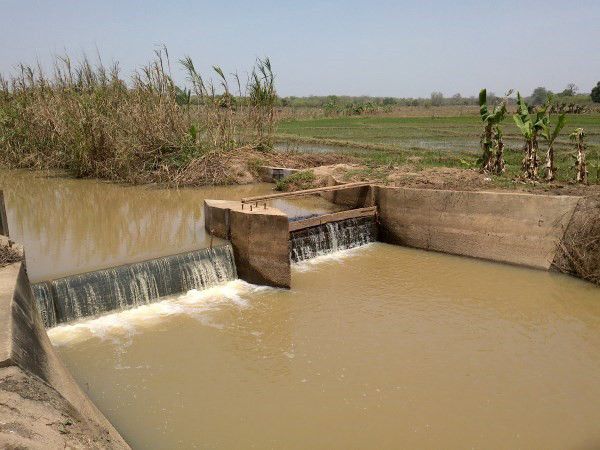The Asian Development Bank (ADB) has approved $8.32 million in “project readiness financing” for the Punjab government to improve irrigation infrastructure and enhance water availability in the province.
This funding, announced last week, aims to prepare key projects for ADB funding and implementation, which will help streamline the process and accelerate the disbursement of funds.
The financing is intended to support the development of five priority projects identified by the Punjab government in 2019. These projects aim to rehabilitate and upgrade irrigation systems, with a focus on improving agricultural productivity and water-use efficiency. These efforts are seen as vital for boosting economic growth, alleviating rural poverty, and improving food security in Punjab.
Punjab’s agriculture sector relies heavily on the Indus Basin Irrigation System (IBIS), which provides irrigation water to 15 million hectares of land, 60% of which is in Punjab. However, the irrigation infrastructure has deteriorated over time, with outdated structures and inefficient water management practices causing unreliable water delivery. Additionally, some cultivable lands remain outside the IBIS and depend on inconsistent rainfall or groundwater, leading to further challenges for the agricultural sector.
To address these issues, the ADB financing will support projects designed to modernize and enhance the IBIS infrastructure. However, earlier feasibility studies for the projects had gaps, including a lack of an integrated approach to water use, climate change considerations, and inadequate economic evaluations.
The priority projects include the rehabilitation of the Upper Jhelum Canal System, the Dera Ghazi Khan Canal Irrigated Agriculture Improvement, and the remodeling of several key canals within the IBIS. These projects are expected to enhance water delivery and irrigation efficiency, boosting agricultural productivity and ensuring more sustainable water use in the province.
With the ADB’s support, the Punjab government aims to address these pressing challenges and improve the sector’s resilience, ultimately fostering long-term growth and ensuring the sustainable use of water resources in the agriculture-dependent region.

























Let’s hope all the loan amount will be utilized towards improvements for which loan is receive. No foreign training of Pakistan officers is required.